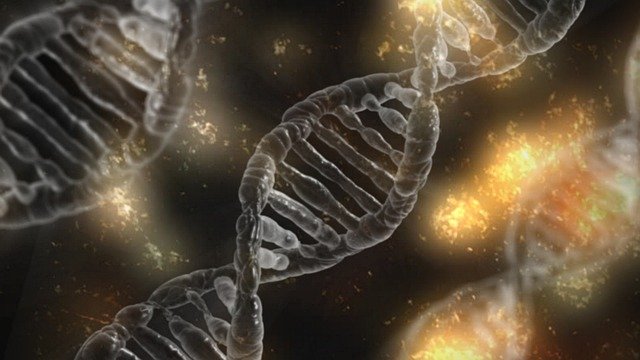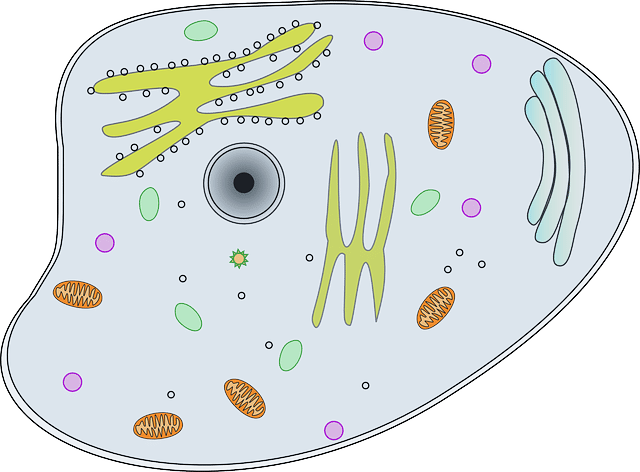
Enzymes are proteins that catalyze biochemical reactions of metabolism.
An enzyme is a protein that catalyzes the biochemical reactions of metabolism . Enzymes act on molecules known as substrates and allow the development of various cellular processes.
It is important to determine, in addition to everything stated above, that enzymes are characterized by having a series of their own identity signs that determine them in each and every one of their aspects. In this sense we can state, for example, that they have the capacity to have very different sizes such that there are those that have 2,500 amino acids to those that, however, are around 50.
And they also have fundamental elements for their functioning such as the active center or the amino acid chain, among many others.
Action of enzymes
It is important to highlight that enzymes do not modify the energy balance or the balance of those reactions in which they intervene: their function is limited to helping to accelerate the process . This means that the reaction under the control of an enzyme reaches equilibrium much more quickly than an uncatalyzed reaction.
It is estimated that enzymes catalyze nearly 4,000 different biochemical reactions. There are different molecules that affect the activity of enzymes. An enzyme inhibitor is known as, for example, the molecule that prevents the activity of the enzyme or reduces its effect. There are drugs and drugs that act as inhibitors. Enzymatic activators , on the other hand, increase their activity. It must be taken into account that pH, temperature and other physical and chemical factors affect enzymatic activity.

Enzymes make the development of different cellular processes possible.
Classification according to type
Specialists distinguish between six major types of enzymes according to the reaction they are responsible for catalyzing: oxyreductases , transferases , hydrolases , isomerases , lyases and ligases . The EC number is the numerical classification scheme for enzymes that is based on the chemical reactions they catalyze.
Enzymes are usually used commercially and industrially for food production, the development of biofuels and the production of cleaning products (such as detergents), for example.
Book «The prodigious enzyme»
In addition to all of the above, we cannot ignore the fact that in recent months a book that uses the concept that we are now addressing in its title has become a real sales boom. We are referring to the work "The Prodigious Enzyme" , which was written by Dr. Hiromi Shinya.
"A way of life without getting sick" is the subtitle of the aforementioned narrative work that has so far managed to sell more than two million copies worldwide. And all thanks to the fact that it proposes a diet thanks to which what will be achieved is that anyone can achieve a magnificent state of health throughout their life.
In this way, throughout the pages the author talks about the least recommended foods and how following certain guidelines will mean that a person can avoid having everything from cardiovascular diseases to other serious diseases such as cancer.
